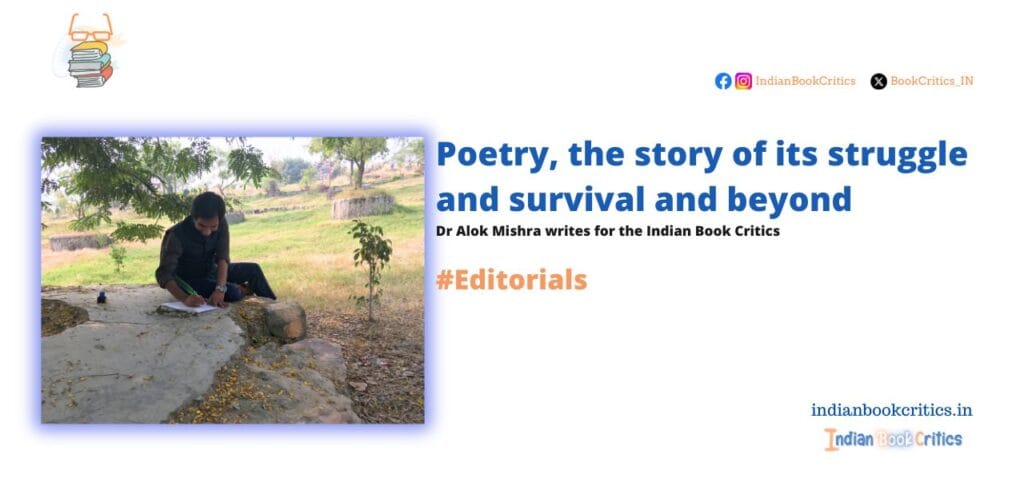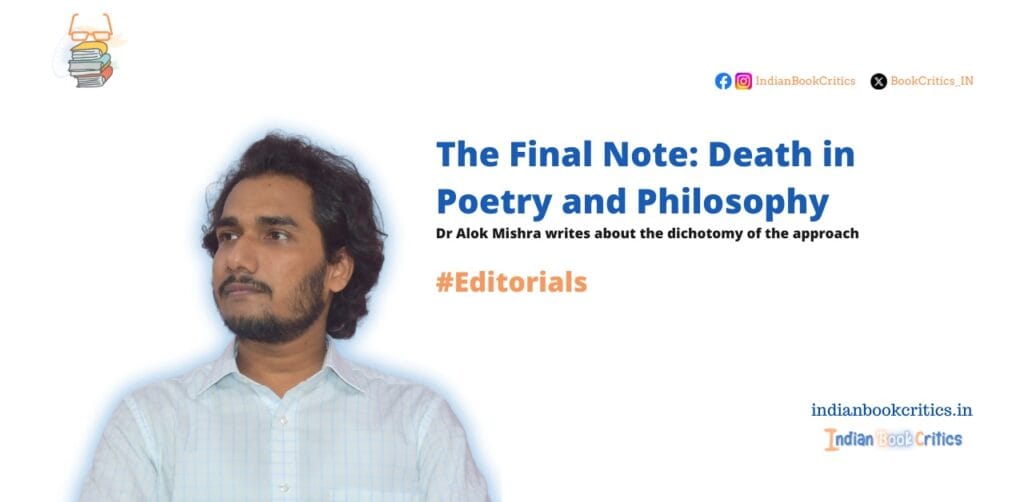Post-colonial discourse, unlike feminist narrative, has much depth, substance and ideological base. Though feminism did start on the right note, mutation after mutation took it on a different path altogether; it reduced itself to competing with men rather than carving a valid (and just space) for itself. Post-colonial philosophy (I should not be wrong, I guess, when I put the word philosophy after the phrase), if you consider carefully, has clicked the correct speeds at the right time and has been moving in the right directions since the initial sprouts occurred. African literature, resistance literature, in particular, has played a significant role in taking the discourse further. In this article, I will discuss Achebe’s seminal work Things Fall Apart in the light of post-colonial discourse.
As earlier mentioned, Chinua Achebe’s Things Fall Apart is one of the most celebrated works in post-colonial literature, acclaimed for its nuanced portrayal of the effects of colonialism on African societies. Published in 1958, the novel offers a profound exploration of the pre-colonial Igbo culture and the destructive impact of European colonial and missionary activities. Achebe’s ability to narrate from within the African perspective distinguishes this novel from other post-colonial texts, offering a vital counter-narrative to colonial literature that historically depicted African societies through the lens of European superiority. This article examines the post-colonial aspects of Things Fall Apart, situating it within the broader discourse of colonial resistance, cultural reclamation, and identity formation.
The Central Post-Colonial Themes in Things Fall Apart
Achebe’s novel explores several themes central to post-colonial discourse, including the clash of cultures, the disintegration of indigenous traditions, and the power dynamics inherent in colonial subjugation.
1. Cultural Clash and Hybridisation
The tension between the traditional Igbo way of life and the encroaching Western culture brought by missionaries and colonial administrators is at the heart of the narrative. Achebe vividly portrays the Igbo’s social structures, traditions, and religious beliefs, giving the reader a sense of the richness and complexity of their culture.
The arrival of Europeans disrupts the balance of Igbo society, as seen in the character of Mr. Brown, who adopts a relatively conciliatory approach to introducing Christianity, compared to the rigid and dogmatic Reverend Smith. This contrast illustrates how colonial forces undermined native cultures through a combination of religious imposition and systemic domination. While Things Fall Apart captures the devastating effects of this cultural clash, Achebe also delves into the hybridisation of cultures, as seen in individuals like Nwoye, who grapples with dual allegiances.
2. The Reclamation of African Identity
Achebe’s work is a direct response to colonial literature such as Joseph Conrad’s Heart of Darkness and Joyce Cary’s Mister Johnson, which depicted Africa as a backdrop of savagery and its people as uncivilised. Achebe’s narrative reclaims African identity by presenting a detailed, respectful, and empathetic portrayal of the Igbo community.
Achebe offers a dignified account of indigenous practices, rituals, and laws, such as the significance of the yam harvest, the role of the egwugwu (masked elders), and the complex gender dynamics within the community. By doing so, Things Fall Apart counters the dehumanising narratives of colonial authors and restores agency to African voices.
3. The Disintegration of Indigenous Authority
The novel poignantly captures the psychological and societal disintegration caused by colonial interference. The protagonist, Okonkwo, epitomises the conflict between resistance and submission. His adherence to traditional values and rejection of the new order highlight the tension within colonised societies, where individuals are torn between preserving their heritage and adapting to imposed changes.
The introduction of the Western judicial system is particularly significant in dismantling traditional authority. Achebe demonstrates this through the Igbo clan’s loss of autonomy when their conflict resolution methods, rooted in consensus and respect for elders, were replaced by foreign, rigid legal systems. The destruction of the communal way of life reflects the broader colonial agenda of erasing indigenous governance.
Achebe’s Distinctive Approach to Post-Colonialism
1. Writing in English as a Tool of Resistance
Achebe’s choice to write in English, the colonisers’ language, was a deliberate act of resistance and reclamation. By using English to tell African stories, Achebe ensures a broader readership and subverts the colonial monopoly over African narratives. His use of proverbs, idioms, and oral traditions within English prose preserves the authenticity of the Igbo voice, bridging the gap between traditional and modern storytelling.
This approach sets Achebe apart from other post-colonial writers like Ngũgĩ wa Thiong’o, who advocated for writing in indigenous languages as a form of cultural preservation. Achebe’s method demonstrates that the coloniser’s language can be appropriated to dismantle its hegemony and assert the validity of African experiences.
2. Complex Characters Over Archetypes
In many post-colonial narratives, characters are often used as archetypes to represent more significant societal struggles. Achebe, however, creates nuanced characters who embody the complexity of human responses to colonialism.
Okonkwo is not a simple hero or victim; his flaws—pride, fear of weakness, and rigidity—make him a deeply human figure. Similarly, Nwoye’s spiritual conflict and eventual conversion to Christianity illustrate the generational and personal dilemmas faced by colonised peoples. Achebe’s refusal to reduce his characters to one-dimensional symbols of resistance or submission sets Things Fall Apart apart from works like George Lamming’s In the Castle of My Skin, which relies more heavily on allegorical representations of colonial oppression.
Comparison with Other Post-Colonial Works
1. Things Fall Apart vs. A Passage to India by E.M. Forster
While both Achebe and Forster explore cultural misunderstandings between colonisers and the colonised, Things Fall Apart offers an insider’s perspective rooted in African traditions and experiences. Though critical of British colonialism, Forster’s narrative remains a product of the colonial gaze, with its focus on Anglo-Indian interactions rather than the autonomy of Indian voices. On the other hand, Achebe’s work centres the Igbo people as active agents, providing a counter-narrative to the Eurocentric framing of colonial encounters.
2. Things Fall Apart vs. The God of Small Things by Arundhati Roy
Both Achebe and Roy use familial narratives to explore the broader societal upheavals caused by colonialism. In Things Fall Apart, Okonkwo’s family reflects the fragmentation of Igbo society, while Roy’s The God of Small Things examines the legacy of colonialism in post-independence India. However, Achebe’s narrative focuses more on the immediate impact of colonisation, whereas Roy’s work delves into its long-term ramifications. Achebe’s portrayal of a pre-colonial society on the brink of change offers a historical depth that Roy’s contemporary setting does not attempt to recreate.
3. Things Fall Apart vs. Midnight’s Children by Salman Rushdie
Both Achebe and Rushdie critique colonialism, but their narrative styles diverge significantly. Achebe’s realism contrasts with Rushdie’s magical realism, offering different approaches to post-colonial storytelling. While Things Fall Apart grounds its critique in the tangible, lived realities of colonial rule, Midnight’s Children uses allegory and surrealism to capture the fractured identity of post-colonial India. Achebe’s straightforward narrative allows for an immersive cultural exploration, whereas Rushdie’s experimental style invites readers to grapple with the disjointed nature of colonial histories.
The Universal Relevance of Things Fall Apart
Although rooted in a specific cultural and historical context, Things Fall Apart resonates universally due to its exploration of themes like identity, resistance, and cultural erosion. The novel’s portrayal of colonialism as an insidious force that disrupts not just nations but also personal relationships underscores its enduring relevance.
Achebe’s critique of colonialism extends beyond Africa, offering insights applicable to other colonised societies. His work has inspired generations of post-colonial writers, affirming the importance of reclaiming narratives and resisting cultural erasure.
Conclusion: The Legacy of Things Fall Apart
Chinua Achebe’s Things Fall Apart is a cornerstone of post-colonial literature, distinguished by its authenticity, cultural depth, and emotional resonance. Achebe dismantles the stereotypes perpetuated by colonial literature and reclaims the African narrative by presenting a dignified and nuanced portrayal of Igbo society.
What sets Things Fall Apart apart from other post-colonial texts is its ability to humanise both the colonised and the coloniser while maintaining a critical stance against the colonial enterprise. Achebe’s masterful storytelling ensures that the novel remains a powerful voice in global literary discourse, a testament to the resilience of indigenous cultures, and a cautionary tale about the consequences of cultural imposition.
Ultimately, Things Fall Apart transcends its historical setting to offer a universal meditation on the fragility of identity, the complexities of cultural encounters, and the enduring scars of colonialism. Its significance in post-colonial literature is unparalleled, making it an essential read for understanding the intricate dynamics of power, resistance, and cultural survival.
Ashish for Indian Book Critics
(Let us know in the comments if you like such articles on IBC. We will bring more editorials on contemporary and legacy literature.)




